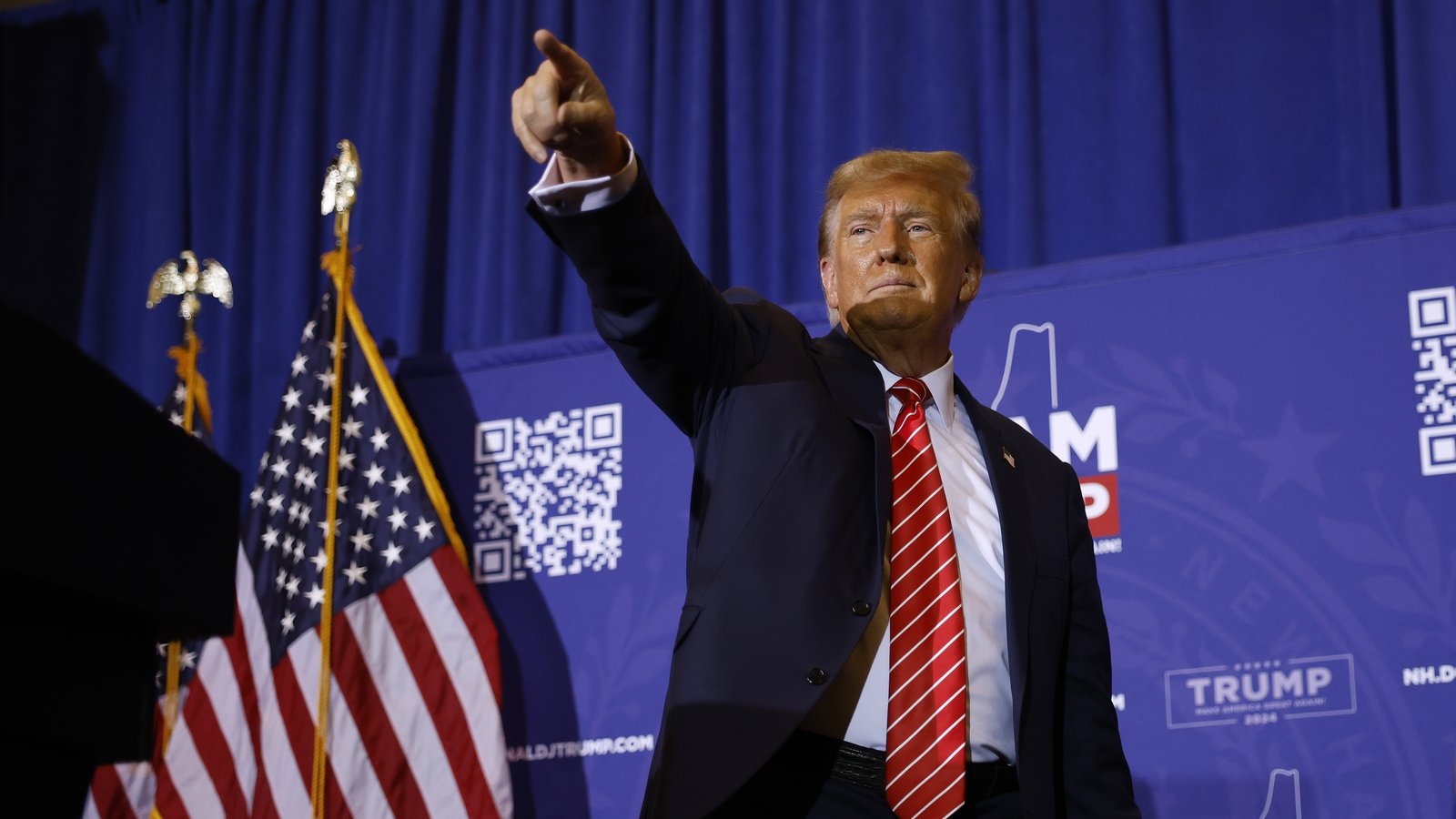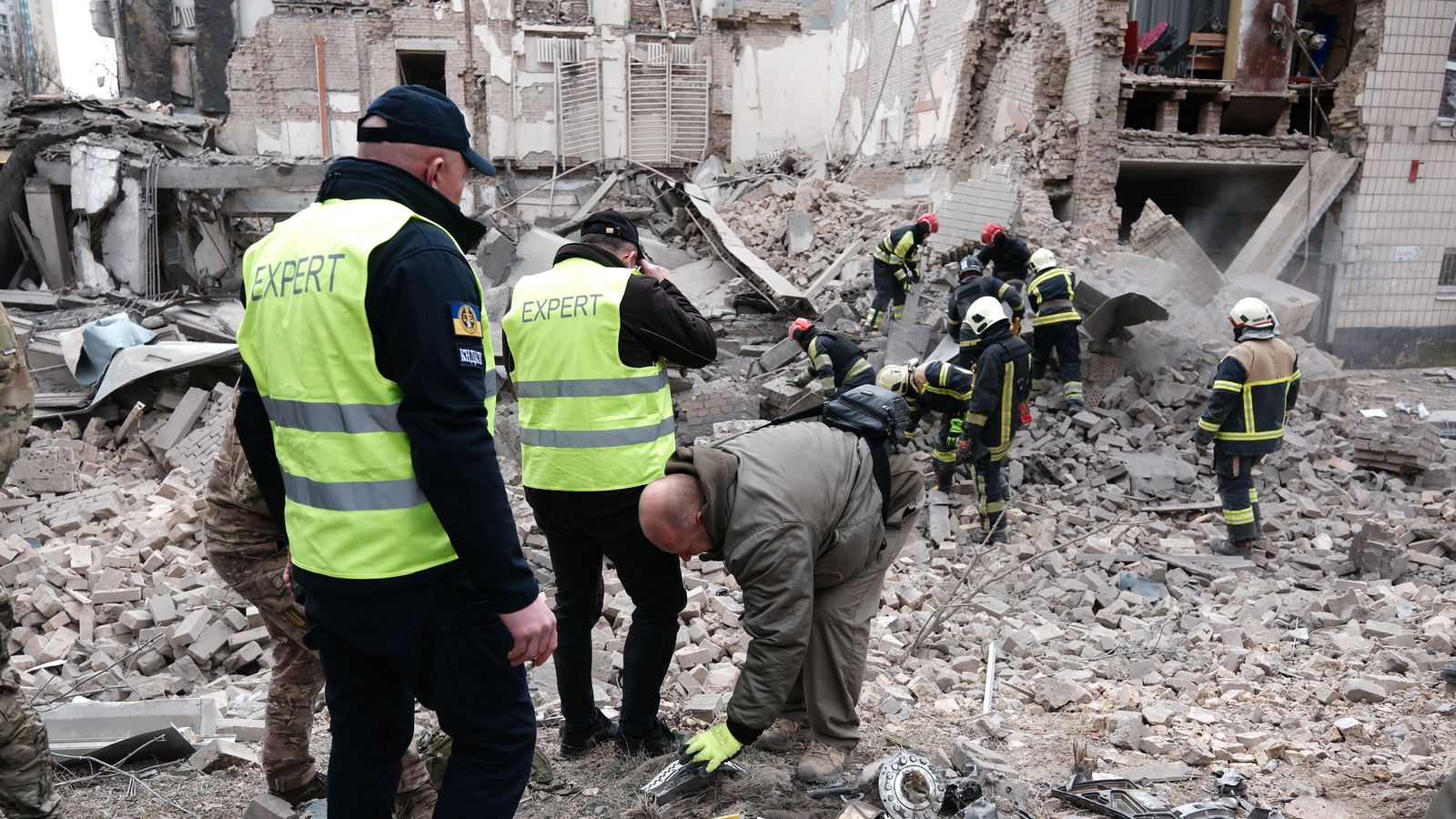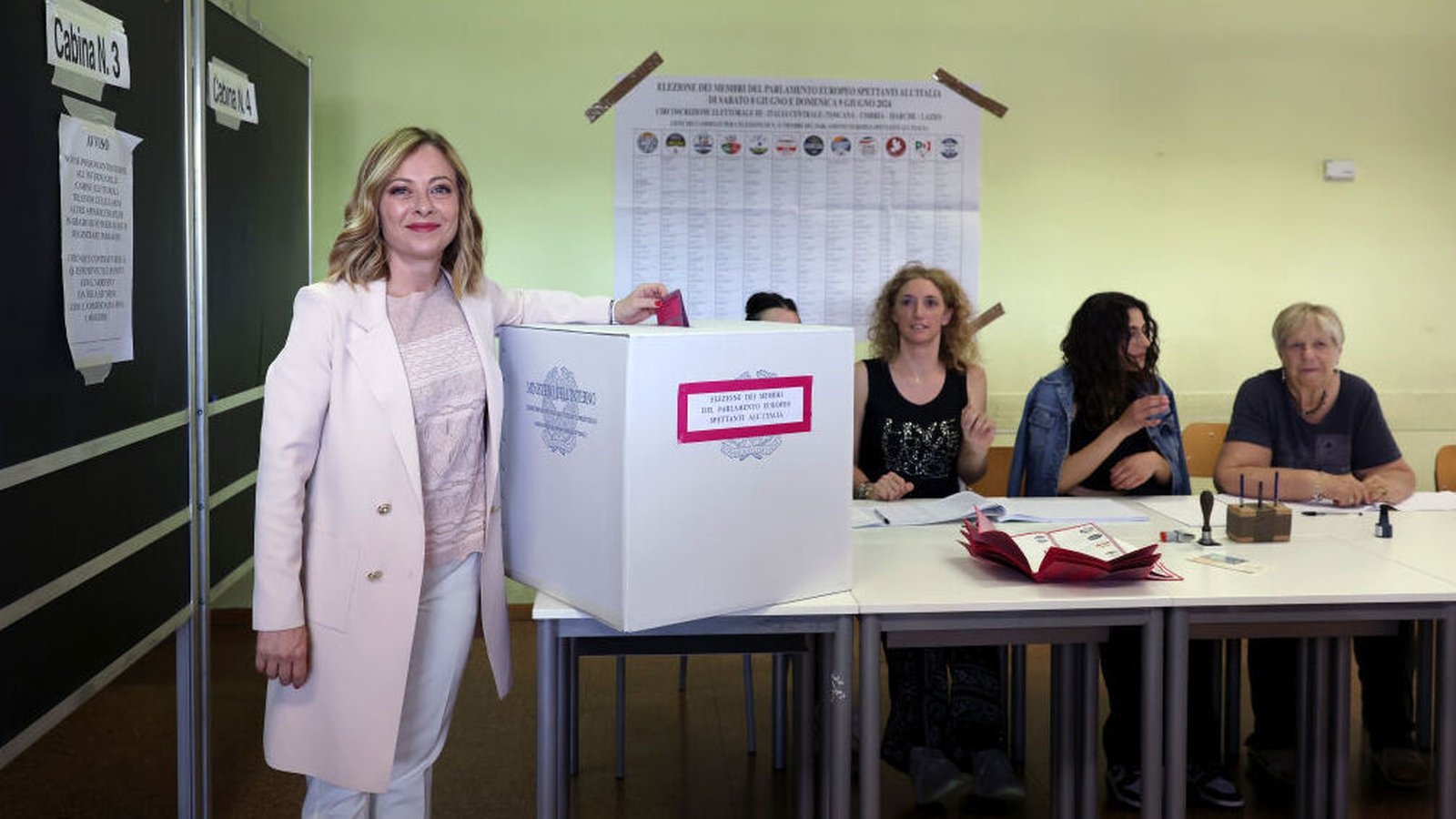20 years on from EU enlargement, some remain waiting
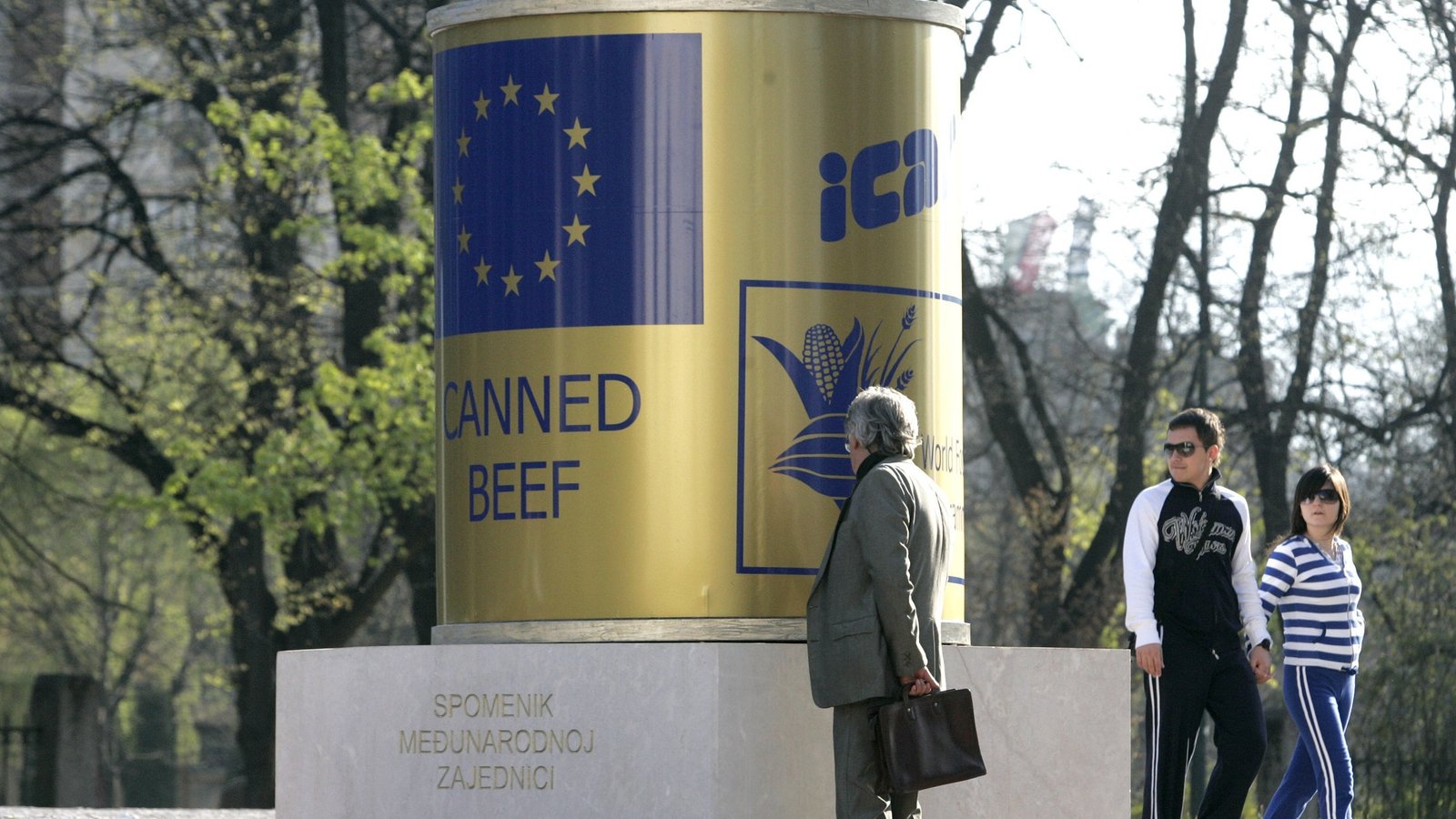
In Sarajevo’s Hastahana park stands an unusual metre-high monument: a golden can of beef, with an EU flag emblazoned on it.
The ironic dedication underneath it runs: “Grateful Citizens of Sarajevo.”
During the siege of the city by Bosnian Serb forces, between 1992 and 1995, 12,000 flights landed carrying humanitarian medicines and food.
The disbursement of barely edible canned beef came to symbolise the inadequate response from Europe to a siege in which nearly 14,000 people were killed.
I reported from Bosnia and Herzegovina in 1993, and one man holding a can of beef expressed his outrage at the international arms embargo imposed on the Bosniak government.
He told me: “They feed me today, so that I can be shot dead tomorrow.”
Despite that sense of abandonment, Bosnia and Herzegovina has long wanted to become a full member state of the European Union.
Within two years of the war ending, Brussels opened the door by saying it was adopting a regional approach in the western Balkans, involving closer cooperation with the former Yugoslav republics.
That was 1997. In 2024, Bosnia and Herzegovina is still waiting to become an EU member state.
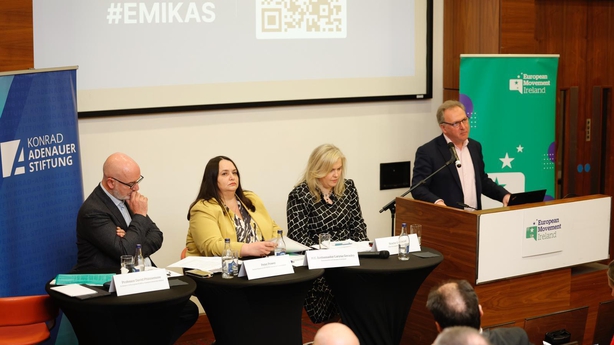
The issue of how the EU is dealing with enlargement was the subject of a lively debate in Dublin this week, organised by European Movement Ireland and the Konrad-Adenauer-Stiftung foundation.
The discussion was timely given next Wednesday marks the date when ten countries joined the EU back in 2004: Cyprus, Czechia, Estonia, Hungary, Latvia, Lithuania, Malta, Poland, Slovakia and Slovenia.
The seismic event happened under the Irish presidency of the European Union, and thousands attended a public celebration on Dublin’s Merrion Square.
Today, there are nine candidate countries seeking EU membership. Kosova is a potential candidate country.
Some applicants are more advanced in the process than others. At the vanguard are Bosnia and Herzegovina, Moldova and Ukraine.
The opening of formal accession negotiations with all three countries is expected in the coming months.
But will any of this happen, given that the enlargement process has been mired for years?
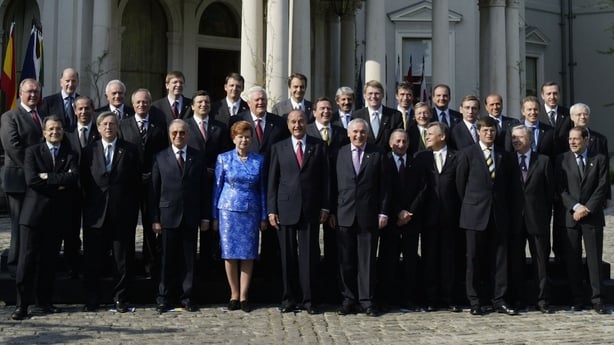
Indeed the UK’s departure means the EU has become smaller rather than larger in the past decade.
There seems to be optimism that accession could happen.
The game-changer is Russia’s invasion of Ukraine which has led to a renewed focus on security concerns among EU leaders.
The articulate Ukrainian Ambassador to Ireland, Larysa Gerasko, certainly hopes enlargement will happen.
She told the meeting: “European integration for Ukraine is not just a policy, it’s a part of our national identity and a pillar of our democratic development.”
She pointed out that “the Revolution of Dignity” started in 2013 as a direct result of a refusal by the Russian-leaning President, Viktor Yanukovych, to sign an association agreement with the EU.
I was in Kyiv in February 2014 when snipers on rooftops fired down on the pro-EU demonstrators on the Maidan, or Independence Square, killing dozens.
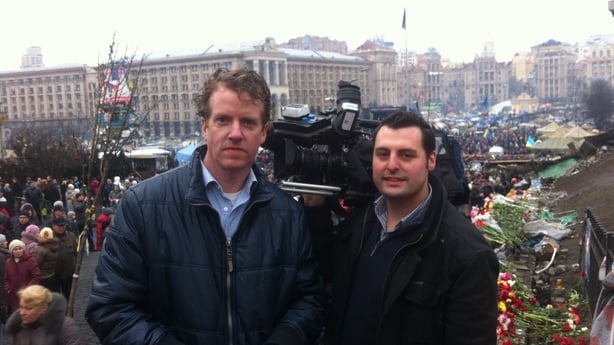
Ambassador Gerasko asserted that her country’s ongoing commitment to reform over the past ten years led to the “historic” decision of the European Council to open accession talks last December.
As part of the process, but before accession talks formally open, countries must jump through many diplomatic hoops – for example, ensuring there is an independent judiciary. In Ukraine’s case, rooting-out endemic corruption has been a key requirement.
Peter Power, Senior Expert on the European Commission’s Neighbourhood and Accession policies, told the meeting that the driving force for previous accessions was a combination of politics, economics and emotions.
He observed: “Emotions are probably the least discussed, but perhaps the most important factor. We can see this if we think for a moment about Ukraine. The emotional case for Ukraine’s membership is overwhelming. Many of its people are literally dying each day for a better, more prosperous, freer country.”
He contended this “emotional force” is translating into a determination to overcome any political or economic difficulty that Ukraine’s membership may create.
But there are concerns: what would it mean to admit a country with a population of 38m?; what impact would Ukraine’s large agricultural base have on EU farmers?; and what price-tag would come with rebuilding Ukraine’s cities and towns once the war ends?
Mr Power contended that any assessment of previous accessions illustrates that they’ve been good for both the applicant and the EU.
However, he added that what he termed “digestion problems” meant that then President of the European Commission, Jean Claude Junker, “called time” on enlargement in 2014 – the year after Croatia became a member state.
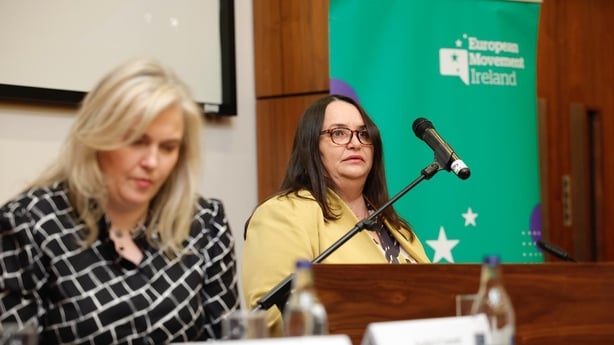
Prof David Phinnemore from Queen’s University Belfast argued that enlargement was now very much “centre stage” in the EU firmament.
But he observed that the accession process today is very different to that of 2004, saying that what’s become “deeply embedded” in the current EU approach is the requirement for applicant states to strictly adhere to the stipulated conditions.
Prof Phinnemore also noted some other difficulties: existing EU member states would have to give unanimous support to any enlargement; there are multiple points in the process where a veto could be wielded; and the European Parliament would have to give its assent to the final deal.
In the cafes around the European Commission’s Berlaymont building in Brussels, there’s also anxious chatter about how a larger Union may require treaty change to ensure decision-making, like on the budget, is fit for purpose.
As Irish people know only too well, treaty change means a referendum and such outcomes are uncertain.
Referencing Bosnia and Herzegovina, I asked the panel if the EU was damaging its own reputation by dangling the possibility of membership to applicants for years and years but then not ensuring its own process operates in a timely fashion.
Prof Phinnemore replied: “I think that one of the challenges the EU has is maintaining the credibility of the accession prospect, at the same time as implementing a very rigorous conditionality process… [However] at some point, a political decision needs to be made on whether the priority of admitting a state trump’s 100% compliance on conditionality.”
He opined that the politics of EU enlargement has to change so that strategic decisions can be taken to ensure the process retains a degree of credibility.
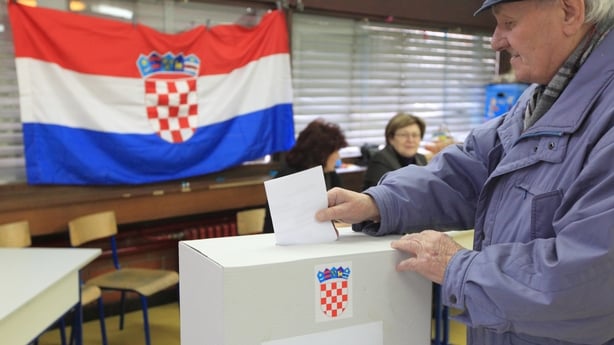
Peter Power agreed that a political dimension needed to kick-in towards the end of the accession process.
He said: “It isn’t just about ticking boxes and adopting thousands and thousands of pages of legislation.”
Mr Power added: “At the end of the day, the Union has always found an accommodation for whatever situation is thrown at it. So I’m absolutely convinced that 30 members [of the EU] is feasible.”
The outstanding question is how to sell that process of enlargement to the more than 400 million people who currently live in the EU, at a time when there appears to be a greater public scepticism about deeper integration.
Back in 2004, the argument propelling the process forward was the concept that admitting ten member states from the east of Europe would bring an emphatic end to the Cold War
What is the compelling case in 2024 for further expansion? An applicant state merely fulfilling the conditions of accession doesn’t seem to match that emotional power which Peter Power deems to be absolutely essential.
Maybe the key argument is an old one – the European Union is about delivering peace.
At its borders today, Ukraine is at war; Moldova fears war; and Bosnia and Herzegovina is still deeply scarred by war.
And, after all, the European Union was awarded the Nobel Peace Prize in 2012.
At that time the President of the European Council, Herman Van Rompuy, declared that the EU was the “biggest peacemaker in history.”
The then tánaiste, Eamon Gilmore, echoed that by saying the EU was: “… the most successful peace process in our lifetime.”
Maybe that’s the emotional charge which is required today, if the EU is to deliver on its promises and admit new applicants.
Should the European Union refuse to enlarge, under such circumstances, it would have a massive credibility problem.
Next year will mark the 30th anniversary of the end of the war in Bosnia and Herzegovina.
Is it fair, reasonable or ethical for the EU to make the country wait another decade, or longer, before delivering on its promise of EU membership?
If that happens, there could be another monument erected in Sarajevo’s Hastahana park: a pile of golden documents, sporting an EU flag.

